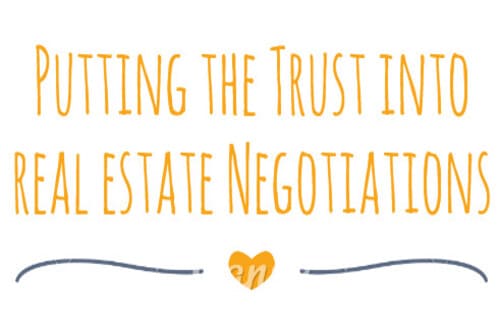
Selling your home is a deeply personal and often emotional process. When a buyer submits an offer that’s lower than you’d hoped or includes terms you find unappealing, it can feel like a setback. While the initial instinct might be to reject it outright, doing so may not always be in your best interest. Instead, consider the power and opportunity behind a counteroffer. Here’s why it can be a better approach.
1. Keep the Lines of Communication Open
Rejecting an offer shuts down communication immediately. A counteroffer, on the other hand, sends a signal that you’re still willing to engage. Even if the original terms were less than ideal, responding with your expectations shows the buyer that you’re willing to negotiate and find middle ground. It keeps the conversation alive, potentially leading to a mutually agreeable sale.
2. Every Buyer Has a Maximum Price
Remember that the buyer’s first offer is rarely their maximum offer. It’s common for buyers to start low, expecting some negotiation. A counteroffer lets you test how much the buyer is really willing to pay. By presenting your terms, you give them an opportunity to move closer to your desired price or conditions.
3. Adjust the Terms, Not Just the Price
Sometimes, it’s not just about the sale price. A counteroffer can address other aspects of the agreement, such as closing dates, contingencies, repairs, or buyer concessions. Perhaps you’d be willing to accept a slightly lower price if the buyer covers certain closing costs or waives specific contingencies. Countering allows you to reshape the deal in ways that align with your priorities.

